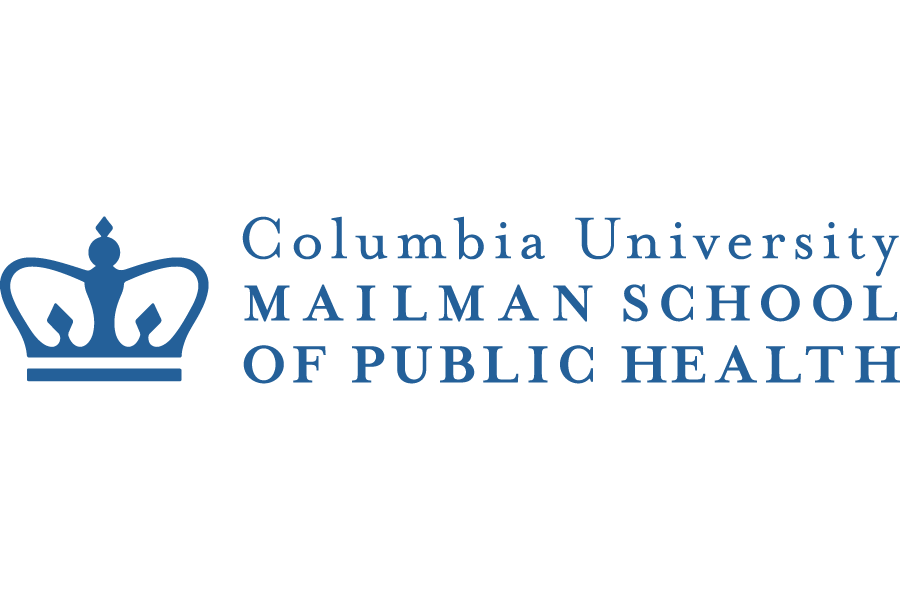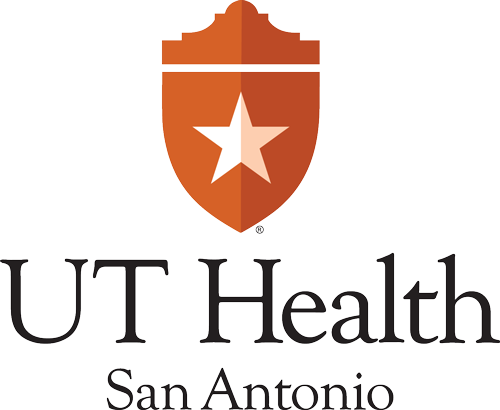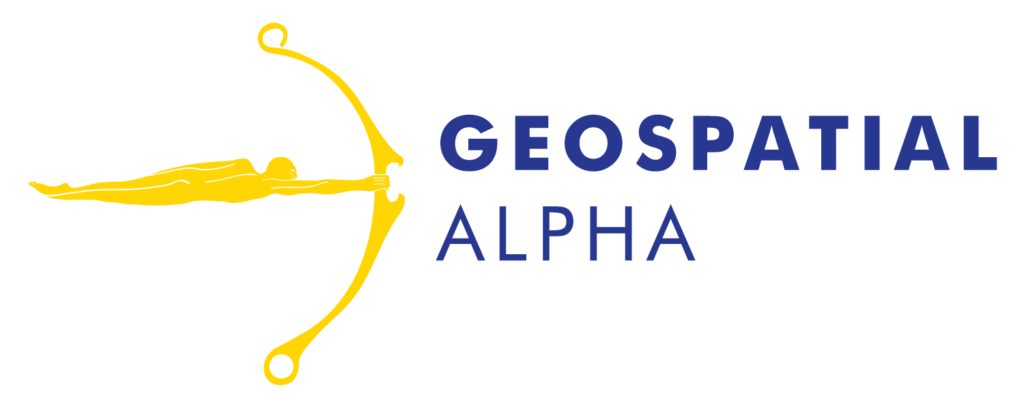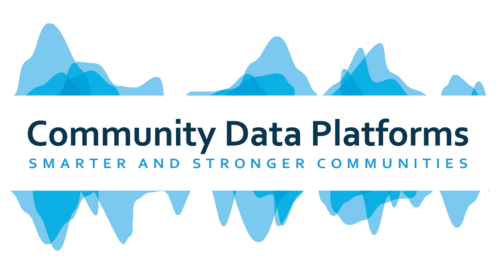DATA FOR SOCIAL GOOD
See how location data can be used for good
Learn how organizations are using Gravy’s location datasets to solve real-world problems in ways that help our communities and improve our daily lives.
We believe in using location data to make our world a better place.
Gravy Analytics believes that location data should be used for social good. Location data and its derived datasets have the potential to fuel innovation within our communities and help people live healthier, more fulfilling lives. For select organizations whose missions align with these values, we provide access to location datasets at a nominal cost. Supported projects have benefitted communities both in the U.S. and overseas.
We know that understanding human movement patterns, and how they change over time is key to better stewardship. Location intelligence lets local governments make policy decisions based on data, not opinion. It allows non-profit organizations and environmental groups to allocate scarce resources in the places where it is needed most. In times of crisis, location data can help prioritize outreach, deploy life-saving healthcare services, or direct the efforts of first responders. It can also help cities plan for the future – for skyrocketing growth, or a declining population – and inform critical infrastructure and redevelopment projects.
In short, location data can help to solve some of our society’s biggest challenges. Too often these problems are under-resourced; the great irony is that these are often the issues that most impact our everyday lives.
Data for Social Good in Action

Researchers at Columbia Business School are using our location data to study how consumer visits to places and events relate to the personality trait ‘Openness’ and its potential to protect against personal echo chambers.

Researchers at Columbia’s School of Public Health are using our data to study mobility metrics and changes in response to COVID-19 intervention measures.

Researchers at UT Health San Antonio are developing methods to predict emergency department volume changes in order to prevent staff fatigue and ensure that sick patients have access to medical care.

The project team at Geospatial Alpha is using our data to understand community reliance on public transportation during COVID-19 and to encourage expanded and innovative testing strategies.

The data science team at Community Data Platforms is using our data to help several communities answer key questions about their local populations, and in turn, inform better community planning and policy decisions through data.

Researchers at Johns Hopkins University’s Whiting School of Engineering are using our data to understand how COVID-19 spreads in smaller communities and to model the impact of interventions like mask-wearing, capacity restrictions, and vaccination rates on community spread.

Researchers at the University of Florida Transportation Institute used Gravy’s location data to analyze evacuation behaviors before, during, and after wildfires to help enhance disaster preparedness and emergency response strategies.
Get in touch with our location experts.
Complete this form to request access to our datasets under our Data for Social Good program. Please note that all data science research partners and supported projects are subject to the approval of Gravy’s Data Governance team.